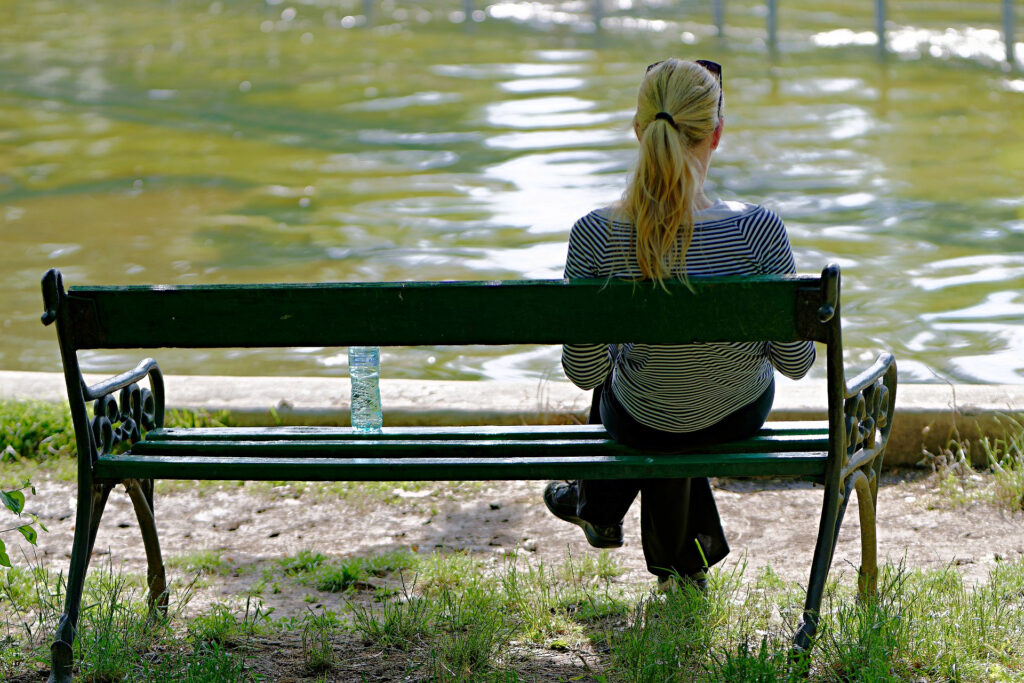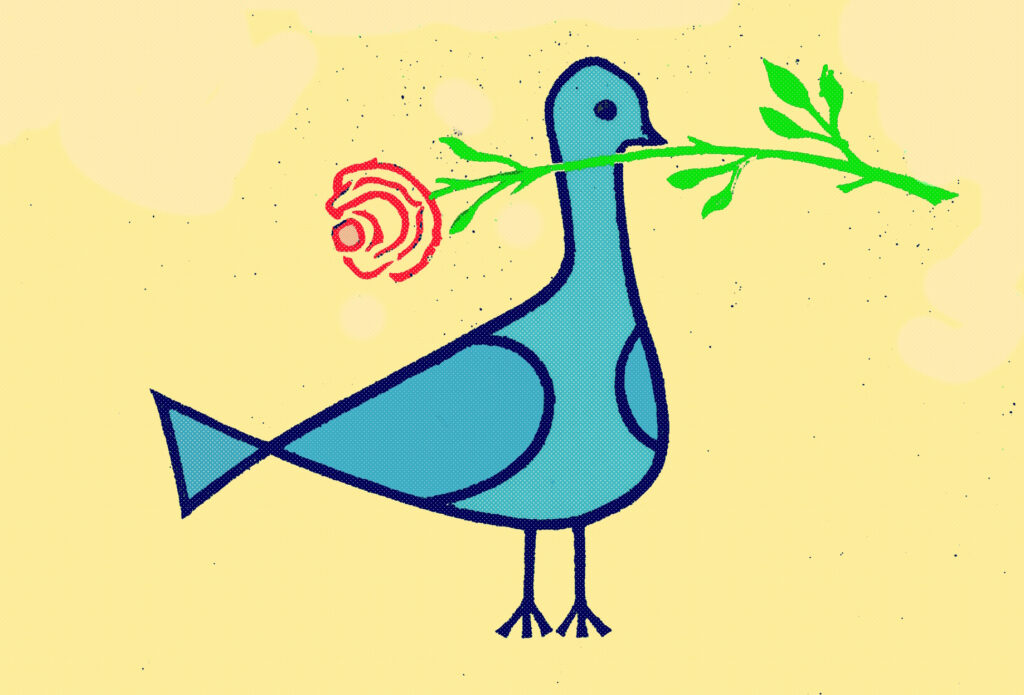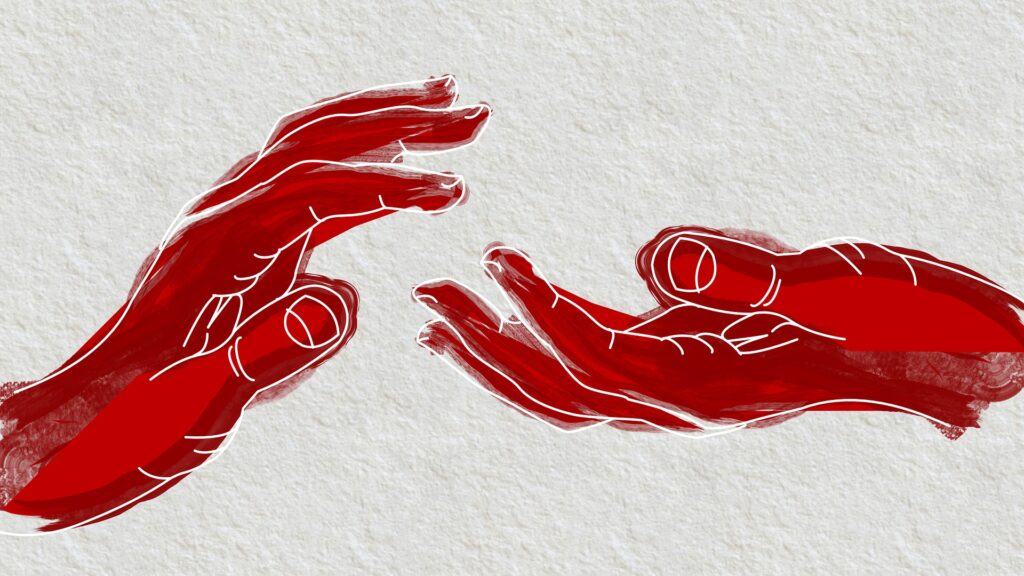
It’s become an annual tradition, the telling of this tale. Pour yourself a mug of mulled cider, sit back and enjoy . . .
I noticed with a bit of disgust that before Halloween had even come to a close, the clerks at the local department store were busily stocking the shelves with Christmas-themed goods. Some of me wanted to run screaming, bury my head under my covers and not emerge until, oh, December 23rd or so.
It’s not that I don’t like Christmas. But when it begins so early, we’re all just sick of it when it finally arrives, and instead of peace and joy, we find ourselves feeling nothing but relief that it’s finally over.
Nevertheless, as the saying goes, it is what it is. And what, exactly, is this tinseled decoration? Nothing but a shift in the colors on the shelves and the music on the speakers. And I am free to make of it what I choose.
When I remembered that, I thought about what I learned from the blackberry thieves.
One summer, I looked out my second story window and noticed a station wagon parked on the path adjacent to the field I own across the highway. And in my field, I saw a man in a straw hat helping himself to the wild blackberries that were growing there quite abundantly that year.
I felt a bit peeved that he felt free to drive onto my property and help himself to the berries. But they were plentiful, and neither I nor the birds were going to eat them all. I decided just to wish that he might enjoy his find.
But the next day, he was back, and he had a woman and a dog with him. And he and the woman were filling pail after pail with berries and putting them in the back of his old station wagon.
I thought that was a bit over the top and decided I would walk down and confront them. Were they selling my berries or what? But by the time I got my shoes on and headed out the door, they were gone.
Again, I told myself that it was no big deal. If they were my friends, I reasoned, I would be happy to share.
The next day, they came again. And now I had a plan. I would go introduce myself, make friends with them, and tell them I hoped they would enjoy the berries.
I walked down into the field, petted the mutt who came bounding cheerfully over to greet me and looked into the wrinkled face of an 80-some year old man.
When I introduced myself and said it was my field and I was just curious what they were going to do with so many berries, he was flabbergasted.
He lived in an adjoining town and his nephew had given him directions and told him it was my neighbor Bob’s field, and that Bob wouldn’t mind if they picked berries there. They planned to freeze them, and his wife would make jam and pies. I told him I didn’t mind either, I just decided I’d feel happier sharing with friends than with strangers, so I thought I’d come down and make his acquaintance.
I invited him to pick all he wanted and took one of the quarts he offered me with a handshake and a smile.
They never came back. But I often thought they were sent into my life to teach me a lesson about the importance of interpreting events in the kindest possible way.
One day in mid-December, I was hanging Christmas decorations in my living room when there was a knock at the door. It was the berry picker. He’d brought me a freshly baked blackberry pie that his wife had made and bottle of home-brewed blackberry wine.
The pie was one of the best I’ve ever eaten. And the wine was smooth and sweet and tasted like friendship and summer.
Remembering that story, I decided I’ll let the colors and music that so suddenly sprang up in the neighborhood’s stores be triggers for feelings of peace and generosity and joy.
That’s what it’s supposed to be all about anyway, isn’t it?
Wishing you peace as we enter the holiday season—ready or not.
Warmly,
Susan
Image by the Author








